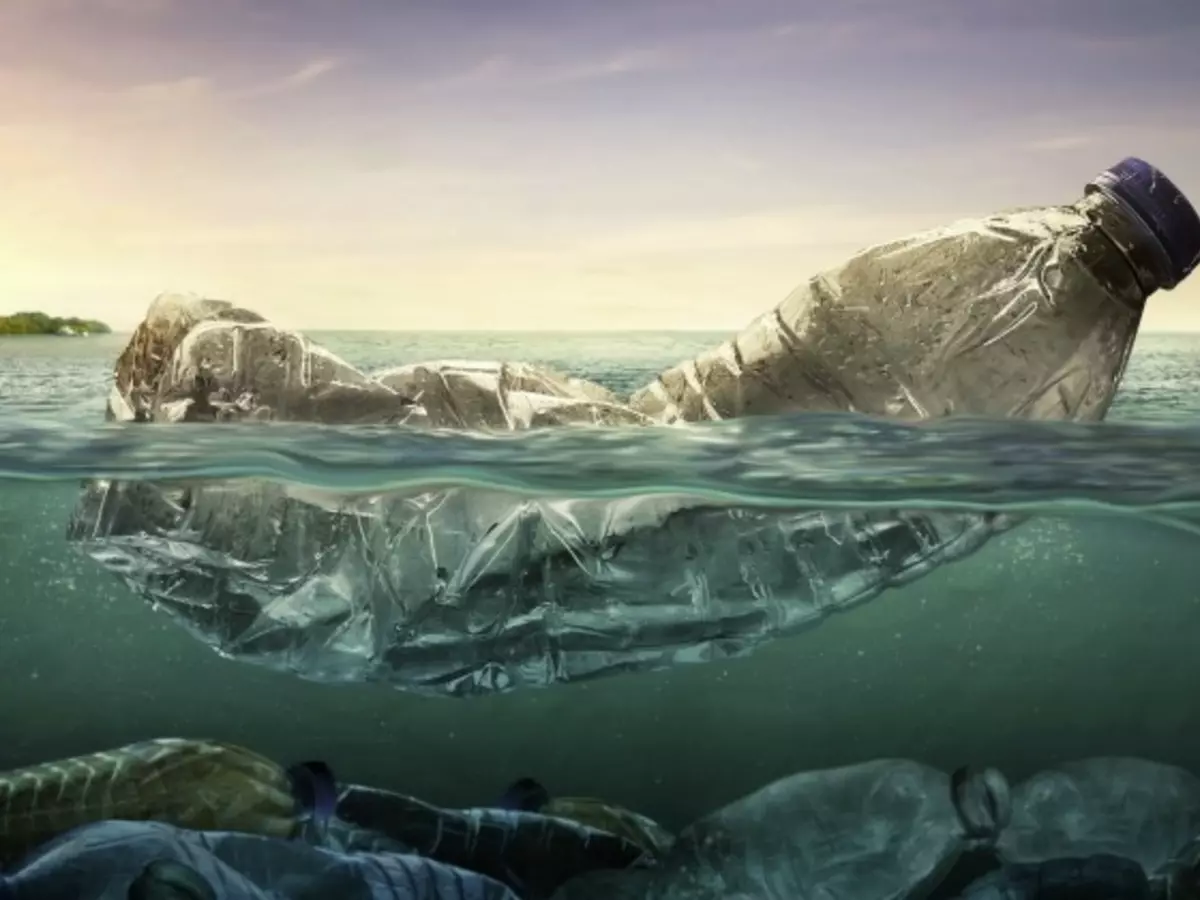Australian Scientists May Have Invented A Way To Turn Every Kind Of Plastic Waste Into Oil!
A pair of scientists in Australia believe that they have invented a way to turn plastic waste into oil. Len Humphreys and Thomas Maschmeyer claim they can recycle any type of plastic. The Catalytic Hydrothermal Reactor can turn disposed plastic into fuel or remade new plastic.

A pair of scientists in Australia are elated after they believe that they have invented a way to turn plastic waste into oil. They claim they can recycle any type of plastic.
Len Humphreys and Sydney University professor Thomas Maschmeyer told the Australian Broadcasting Corporation that the patented device they developed can process plastics that currently cannot be recycled.
The so-called Catalytic Hydrothermal Reactor (Cat-HTR) can turn disposed plastic into fuel or remade new plastic through a process of chemical recycling that changes the plastics at a molecular level and then turns them back into oil, Humphreys told ABC.
¡°What we're doing is we're simply taking those materials and converting them back to the liquids and the chemicals they came from," he said, adding that products can be transformed into bitumen, petrol or different kinds of plastic.

Pyrolysis is the most well-known technology that essentially dissolves materials by exposing them to extreme temperatures.
However, the scientists pointed out that this process has limitations. He said there are many kinds of plastic that can¡¯t be recycled with pyrolysis and can¡¯t be broken down.
In our new-found struggle to get green life, plastic is the number one enemy. Dead marine animals, land creatures, choking seas and rivers, landfills are full of plastic everywhere.
 AFP
AFP
Presently, roughly 300 million tons of oil-based plastic waste are produced every year. A significant amount of plastic waste ends up in the oceans, having a detrimental effect on marine ecosystems and coastal communities. Most of this waste originates from the Asia-Pacific region.
If unaddressed, by 2050 there could be more plastic than fish in the oceans.
The method developed by the scientist duo could change the recycle game altogether. It could also mean that a time may come when all types of plastic could be recycled and turned into a more useful material.
